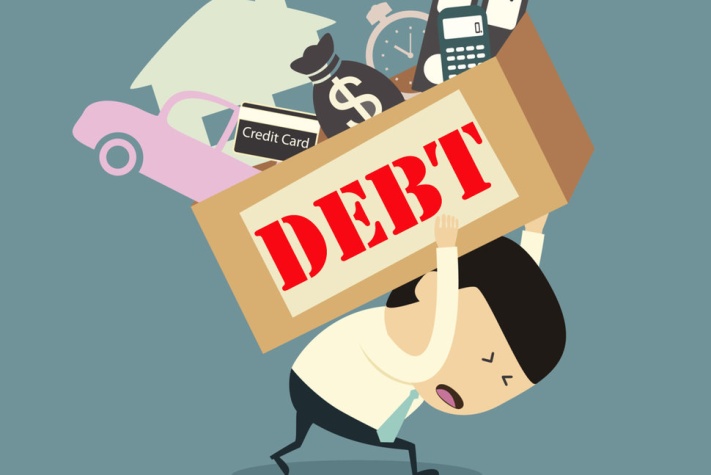Blog

Top 5 Realistic Tricks to Reduce Your Debt Burden for 2016
Debt is one of the burning issues considering the nation’s economy. Many people are knee-deep in debt. So if you think you’re alone, think again, hundreds of thousands, if not millions of Americans are facing the same challenge. According to a new poll, paying down outstanding debt is the most important financial priority for more than 1/4th of the total population.
Reducing your debt and its burdens can surely improve your financial status. Here are some of the most feasible and realistic solutions to reevaluate your repayment plans and get ahead.
1. Know your debt– At the onset, you need to know how much debt you actually have. Most people don’t know how much they owe. Before you can manage your debts effectively, you must know what you owe and how much interest you pay. Make a list of every debt including mortgage, credit card, student loan and whatever you have. Jot down the lender’s name, amount owed, terms and conditions of the loan and interest rate. After preparing the list, calculate the total balance.
2. Know your credit score– Time changes and so does your credit score. A credit score is best defined as a numeric value used by the lenders to evaluate your credit risk at a particular time. It changes depending on your payment history, amounts owed, new credit application and many other factors. The higher the score the better it is. Make sure you know your present credit score as it determines whether you’ll be approved for a credit card, mortgage and other loans or not. Your credit score also influences the interest rate you’re offered.
3. Create a feasible budget – Reducing debt is like losing extra weight. But as you can’t lose 60 pounds in a month, you can’t reduce all your debt at one time. It needs thorough planning and time. Set a realistic goal in a reasonable period of time. Keep track of your spending for a given month and see where your dollars are actually going. Now, create a monthly budget by including your income, estimating expenditure and calculating the difference. You may use a mobile banking app or a banking app to create spending limits and alerts.
4. Curtail spending– Cutting back is always better than completely cutting out. Be rational as it will help you be prepared for unexpected expenditures. Know your needs and wants, and assess your present financial health by taking a look at the overall picture.
5. Consolidate debts– You must understand if it is the time to consolidate outstanding debts. Debt consolidation is a type of debt refinancing in which you’re actually taking out a loan to pay others but at a much lower and affordable interest rate. You may use online debt consolidation calculators. However, you should consult a debt consolidation service to obtain real benefits.
It’s important to reduce your debts for the sake of your well-being and for weathering good and bad pecuniary milestones of your life. Reconsider debt repayment plans and let 2016 stay on the way of financial stability.



Comments